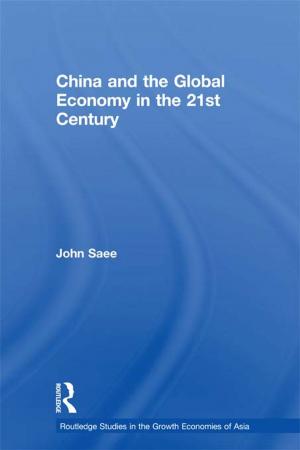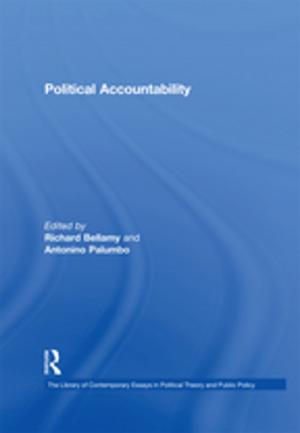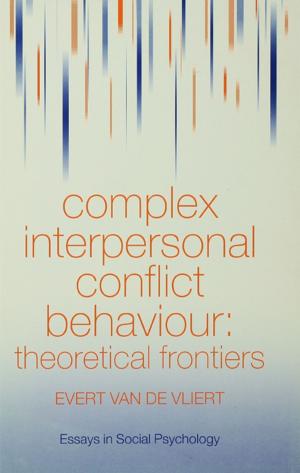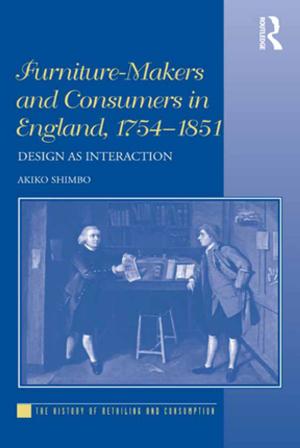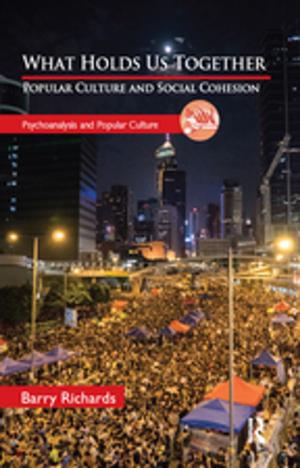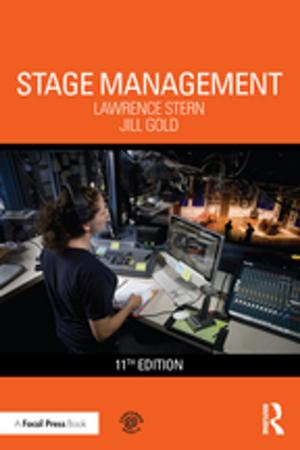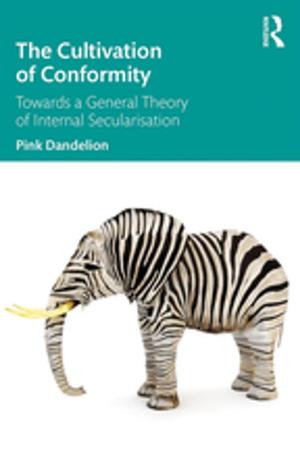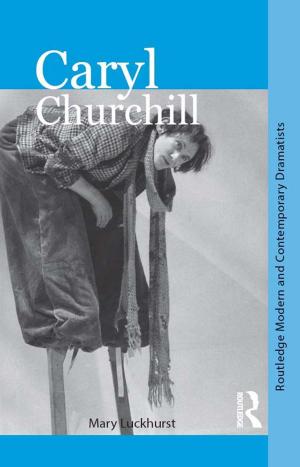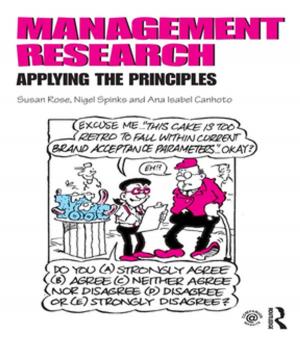The Art of Peace
Engaging a Complex World
Nonfiction, Social & Cultural Studies, Political Science, International, International Relations| Author: | Juliana Geran Pilon | ISBN: | 9781351485708 |
| Publisher: | Taylor and Francis | Publication: | July 5, 2017 |
| Imprint: | Routledge | Language: | English |
| Author: | Juliana Geran Pilon |
| ISBN: | 9781351485708 |
| Publisher: | Taylor and Francis |
| Publication: | July 5, 2017 |
| Imprint: | Routledge |
| Language: | English |
Sun Tzu, author of 'The Art of War', believed that the acme of leadership consists in figuring out how to subdue the enemy with the least amount of fighting a fact that America's Founders also understood, and practiced with astonishing success. For it to work, however, a people must possess both the ability and the willingness to use all available instruments of power in peace as much as in war. US foreign policy has increasingly neglected the instruments of civilian power and become overly dependent on lethal solutions to conflict. The steep rise in unconventional conflict has increased the need for diplomatic and other non-hard power tools of statecraft. The United States can no longer afford to sit on the proverbial three-legged national security stool ("military, diplomacy, development"), where one leg is a lot longer than either of the other two, almost forgetting altogether the fourth leg information, especially strategic communication and public diplomacy. The United States isn't so much becoming militarized as DE civilianized. According to Sun Tzu, self-knowledge is as important as knowledge of one's enemy: "if you know neither yourself nor the enemy, you will succumb in every battle." Alarmingly, the United States is deficient on both counts. And though we can stand to lose a few battles, the stakes of losing the war itself in this age of nuclear proliferation are too high to contemplate.
Sun Tzu, author of 'The Art of War', believed that the acme of leadership consists in figuring out how to subdue the enemy with the least amount of fighting a fact that America's Founders also understood, and practiced with astonishing success. For it to work, however, a people must possess both the ability and the willingness to use all available instruments of power in peace as much as in war. US foreign policy has increasingly neglected the instruments of civilian power and become overly dependent on lethal solutions to conflict. The steep rise in unconventional conflict has increased the need for diplomatic and other non-hard power tools of statecraft. The United States can no longer afford to sit on the proverbial three-legged national security stool ("military, diplomacy, development"), where one leg is a lot longer than either of the other two, almost forgetting altogether the fourth leg information, especially strategic communication and public diplomacy. The United States isn't so much becoming militarized as DE civilianized. According to Sun Tzu, self-knowledge is as important as knowledge of one's enemy: "if you know neither yourself nor the enemy, you will succumb in every battle." Alarmingly, the United States is deficient on both counts. And though we can stand to lose a few battles, the stakes of losing the war itself in this age of nuclear proliferation are too high to contemplate.


